By Ruben Lowman
North Myrtle Beach City Council held a workshop on Tuesday to evaluate the ways in which they can remedy the issues with the city budget resulting from the COVID-19 pandemic.
The council initially proposed $119 million in expenditures in February at the annual budget retreat in Pinopolis, which is $27 million more than the previous year. City officials are now looking at a projected $30 million shortfall and will take the next two weeks to deliberate before voting on an $89 million budget. The key issue during the workshop hinged on whether or not to temporarily increase the city’s property tax rate.
“If we’re going to provide the services that we have provided as we have all these years then I think this is going to be a year where we will have to raise taxes,” said Mayor Marilyn Hatley.
Currently, North Myrtle Beach’s rate is 37.1 mils. The proposed budget would raise the millage rate by 7.9 mils to bring it up to 45 mils. Last year the city was able to pay off an eight-year bond that financed the construction of the Park & Sports Complex and the council approved a budget that decreased the millage rate by 6.1 mils.
Hatley said that even the increased millage rate for North Myrtle Beach would be inordinately low for a full-service city of our size and pointed out how most other municipalities with a similar rate contract their services out instead of operating them themselves. Unlike North Myrtle Beach, most cities with property tax rates equivalent to the one proposed do not have their own water system or sewage plants, Hatley said.
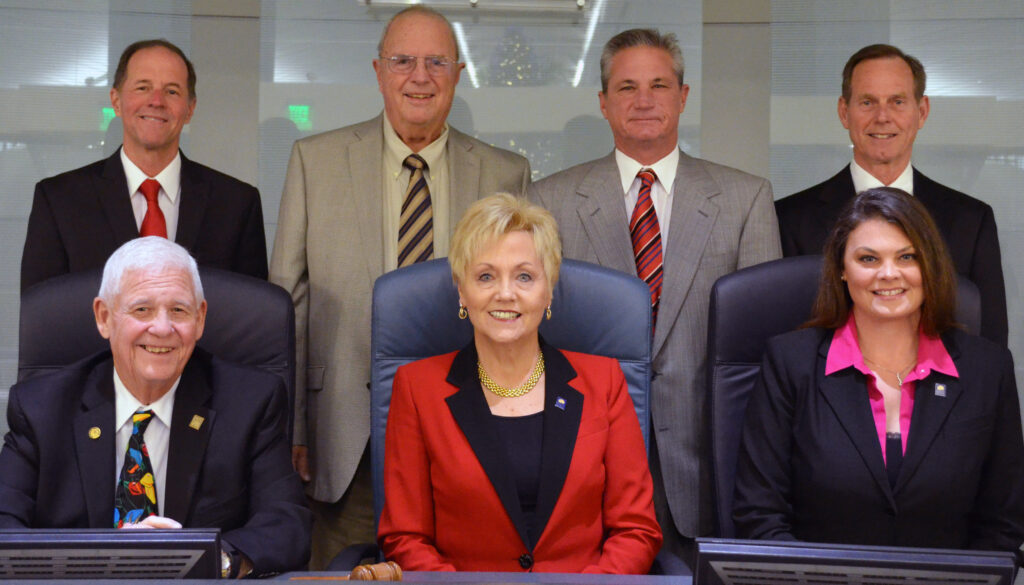
Councilman-at-large Hank Thomas was the only member who objected to the measure. Thomas said, “My preference would be to not increase that number until the fall and we see how we come out of the other side of this.”
Thomas was reluctant to agree with the mayor but acknowledged that it’s a difficult situation for the city to be in right now. He had reservations because of the effect it will have on business owners and part-time residents.
“I know it’s a very challenging decision but I am concerned about the business community and our second homeowners. They are dependent on the summer,” Thomas said.
Hatley stressed the importance of continuing to provide services like public safety and said that the city can lower the rate back when the uncertainty surrounding the coronavirus pandemic is more clear.
City manager Mike Mahaney stepped in to clarify what the city is currently doing about the major projects that were proposed earlier this year.
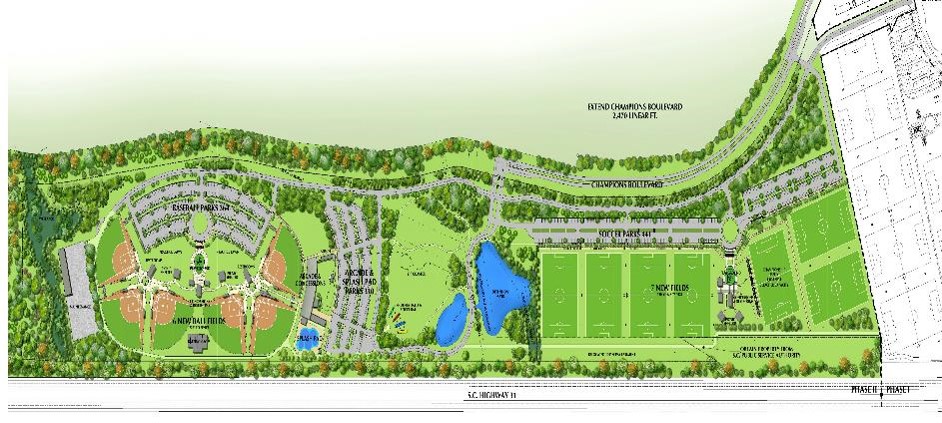
“At this time, after conversations with various elected officials, we are moving forward to prepare to finalize the plans and specifications and detailed drawings. Our intent is we will move forward getting plans and specifications done and by the time we get that done it’s going to be late in the fall. And we will come back to you at that time and say, ‘Do you want to proceed or do you want to wait?”
“As all of you are well aware of, I’m all about maximum flexibility. And what this 7.9 mil tax increase does is provides me and all of our very competent department heads maximum flexibility,” Mahaney said.
The proposed budget initially presented by the council included several major projects, highlighted by a $25 million expansion to the Park & Sports Complex that would include the construction of seven soccer/lacrosse fields, six baseball fields, a family entertainment center and a water park.
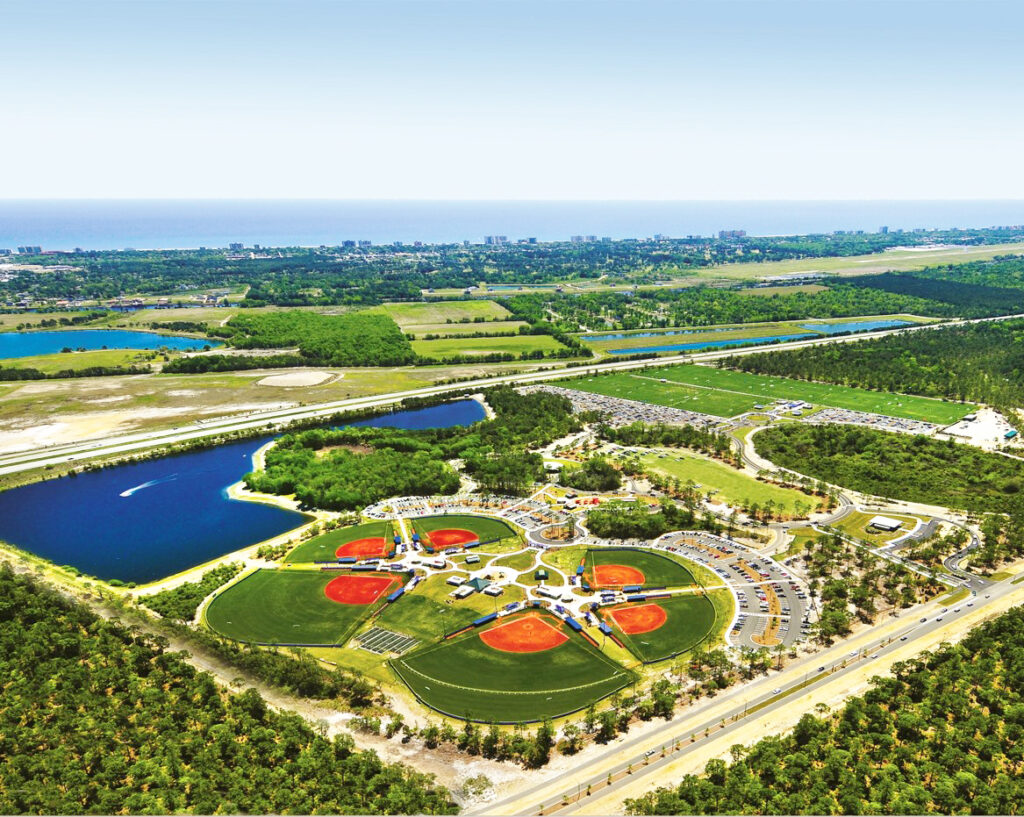
The mayor said the plans would be reevaluated in the fall but admitted the city is in a challenging position, given they have been paying off the short term loan.
“We’ve already committed to this land,” Hatley said. “If we hadn’t already borrowed the money we probably wouldn’t even be having this discussion right now.”
The city also planned to begin construction on the 18th Avenue North ocean outfall, a multi-year project costing $14 million and funded completely without borrowing funds, along with a few smaller stormwater drainage projects.
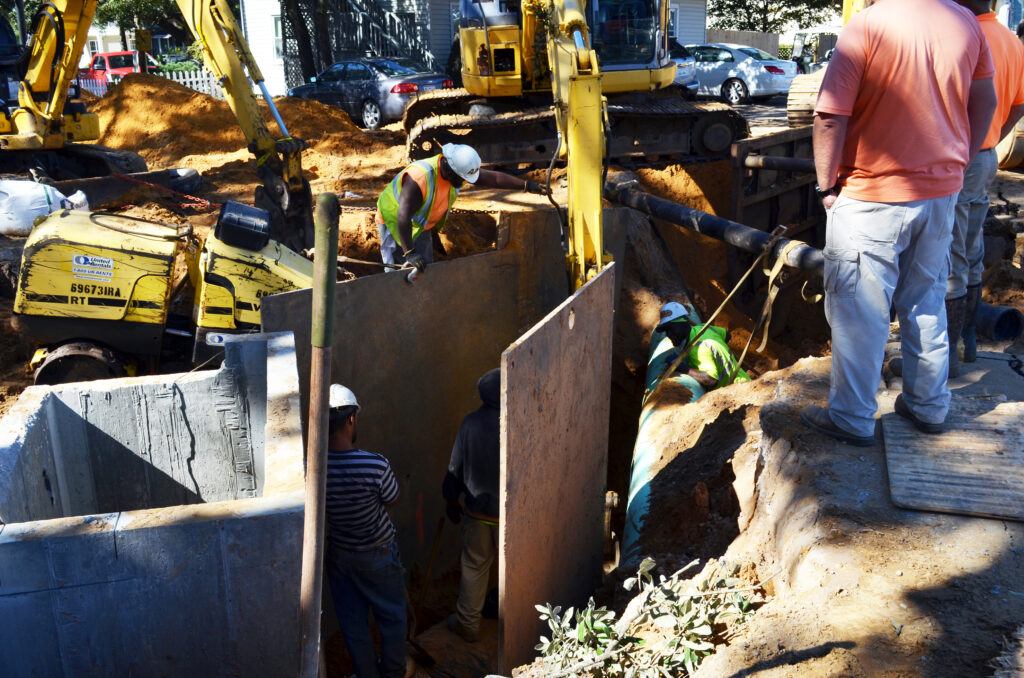
The proposed budget also included the initial plans for an Emergency Operations Center and a Data Management Center on the west side of the Intracoastal Waterway. Those facilities would be constructed during several phases and would provide city officials with a secure location where they can track, analyze and manage hurricanes and natural disasters.
Each of these projects will now be on hold until the fall, according to the modified budget. North Myrtle Beach will also freeze 41 full-time vacant and potential employee positions. Altogether, delaying the construction of these projects amounts to around $30 million the city can use to bolster their reserves for emergency situations.
Mahaney said that city officials were also looking for other options to make up for some of the revenue lost over the past three-plus months.
“I’m hoping we’re going to go through without a second wave of the pandemic but it could happen. And I’m hoping that we’ll be able to recover some of the federal money that’s out there. Maybe we’ll be able to lower this (the tax rate) next year. This will give us maximum flexibility but we’ll make it work whatever you do. But we think long-term this is best for the city.”
Hatley expressed the choice city leaders now find themselves facing with the shortfall and the current pandemic.
“We have always been able to take care of our city during storms. We have always been able to remove our debris, we have been able to clean up and get things open so our businesses could open back up. If we leave things like it is we are going to start depleting the reserves we have for those types of things.
“Now I don’t know which is more important,” Hatley continued. “But I think it’s more important that we are able to take care of our city and get people back in their homes and people back to work. After a hurricane or a major catastrophe I think that’s more important and I think that we have to look at that when we decide if we’re going to raise the millage rate.”
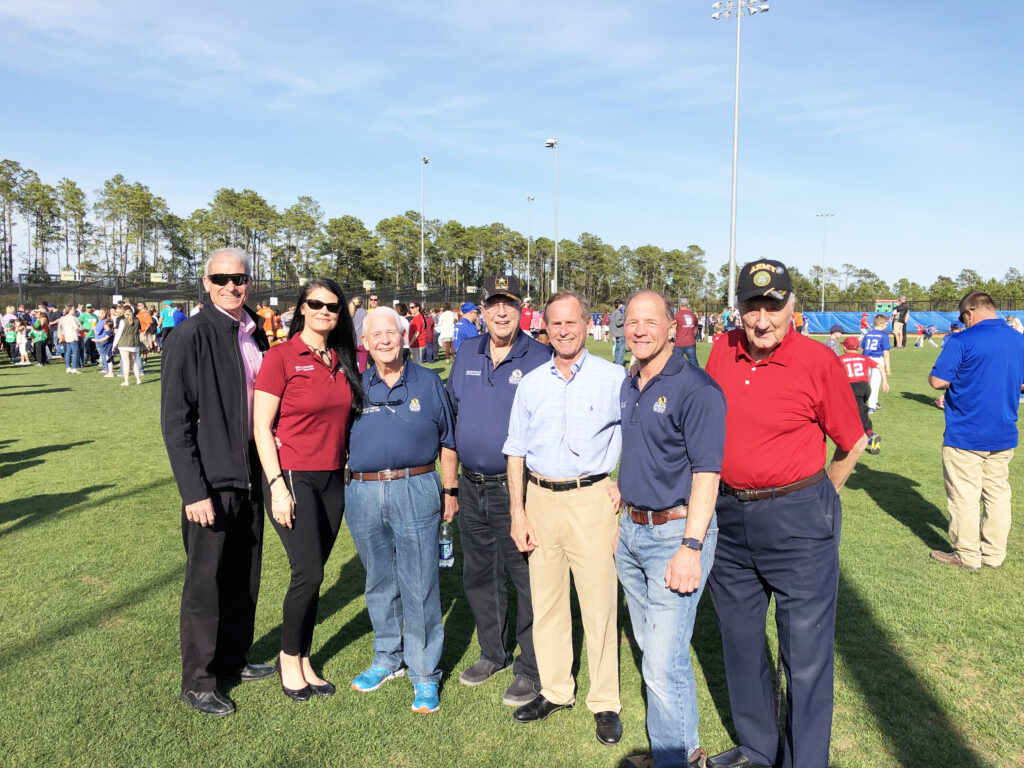
Councilwoman Nikki Fontana said that she reluctantly supported the temporary tax increase, as it is necessary for our city.
Fontana said, “I know none of us want to raise taxes but I always feel that we are a proactive city and we always try to stay ahead of the game and, unfortunately, I think at this time that we’re going to have to do this to keep us moving forward and that’s always our goal.
“We want to take care of our citizens because they come first. And in order to do that we’re going to have to raise the taxes to keep going and to have the money in the reserves. We’ve got to keep that available because we don’t know what’s going to happen tomorrow,” Fontana concluded.
The proposed budget will have two readings. The first, which is also a public hearing, will be held next Monday, June 15, at 7 p.m. in City Hall.
 North Myrtle Beach Times Serving our Community and the Grand Strand for over 50 years
North Myrtle Beach Times Serving our Community and the Grand Strand for over 50 years

